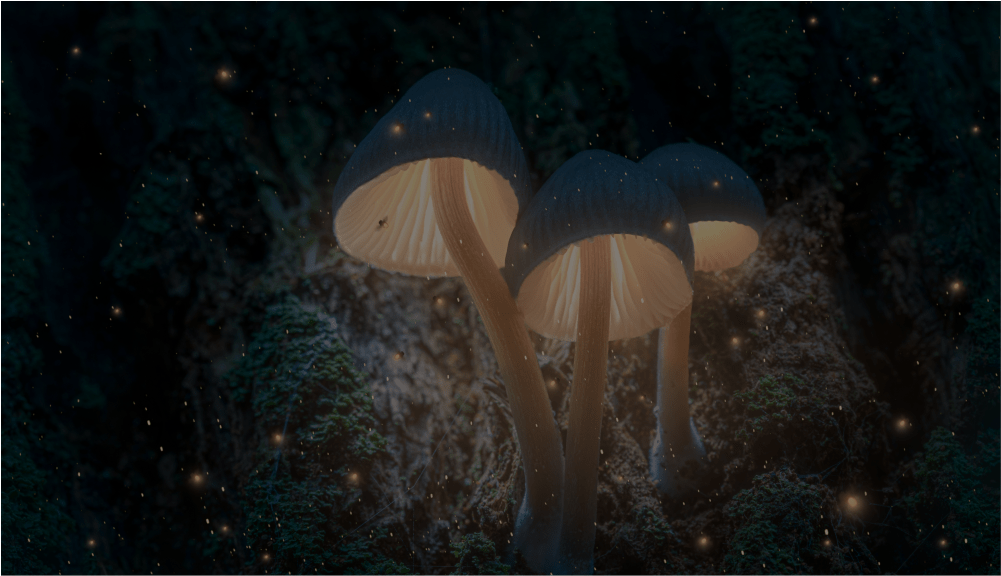
09 Feb What Are Amanita Mushrooms
Amanita mushrooms are a genus of mushrooms that includes many species, some of which are highly toxic and can cause severe illness or death if consumed. They are typically characterized by their distinctive appearance, with a cap and stem, and often have a veil or partial veil that may leave remnants on the cap or stem. Amanita mushrooms are found in many parts of the world and are sometimes consumed as food, although great care must be taken to correctly identify and prepare them, as some species are highly poisonous.
are amanita mushrooms legal?
Amanita mushrooms are a genus of mushrooms that includes numerous species, some of which are highly toxic and can cause severe illness or death if consumed. However, in many countries, including the United States, Amanita mushrooms are not specifically regulated, and their legality is determined by the laws and regulations surrounding the use and cultivation of fungi.
In the United States, the laws regarding Amanita mushrooms vary depending on the state and jurisdiction. Some states have laws specifically regulating the possession, sale, or cultivation of certain types of mushrooms, while other states have no specific laws on the matter.
In general, it is legal to possess and cultivate Amanita mushrooms for personal use in most states. However, the sale or distribution of wild mushrooms is often regulated, and in some states, it is illegal to sell or distribute Amanita mushrooms or any other type of wild mushroom.
It is important to note that Amanita mushrooms can be dangerous to consume, and great care should be taken when handling and preparing them. Some species of Amanita mushrooms are highly toxic and can cause serious harm or death if ingested. It is essential to correctly identify any mushrooms before consuming them and to only consume mushrooms that are known to be safe.
In the United States, there is no federal law regulating the possession or cultivation of Amanita mushrooms, and their legality is determined on a state-by-state basis. Some states have specific laws or regulations governing the sale, possession, or cultivation of wild mushrooms, while other states have no specific laws on the matter.
One state that has specific regulations on the possession and cultivation of wild mushrooms is California. In California, it is illegal to sell wild mushrooms unless they have been inspected and approved by a certified mushroom expert. However, it is legal to possess and cultivate wild mushrooms for personal use.
In Oregon, wild mushrooms are not specifically regulated, and it is legal to possess and cultivate them for personal use. However, it is illegal to sell or distribute wild mushrooms without a permit.
In Washington State, it is legal to possess and cultivate wild mushrooms for personal use, but it is illegal to sell or distribute them without a permit. The sale of wild mushrooms is regulated by the Washington State Department of Agriculture, and a permit is required to sell or distribute wild mushrooms.
In some states, such as Colorado, there are no specific laws regulating the possession or cultivation of wild mushrooms, including Amanita mushrooms. However, it is still important to exercise caution when handling and consuming wild mushrooms, as some species can be toxic or cause an allergic reaction.
In conclusion, the legality of Amanita mushrooms in the United States depends on the state and jurisdiction in question. In general, it is legal to possess and cultivate Amanita mushrooms for personal use in most states, but the sale or distribution of wild mushrooms is often regulated, and in some states, it is illegal to sell or distribute Amanita mushrooms or any other type of wild mushroom. It is essential to exercise caution when handling and consuming any type of wild mushroom and to correctly identify any mushrooms before consuming them.

No Comments